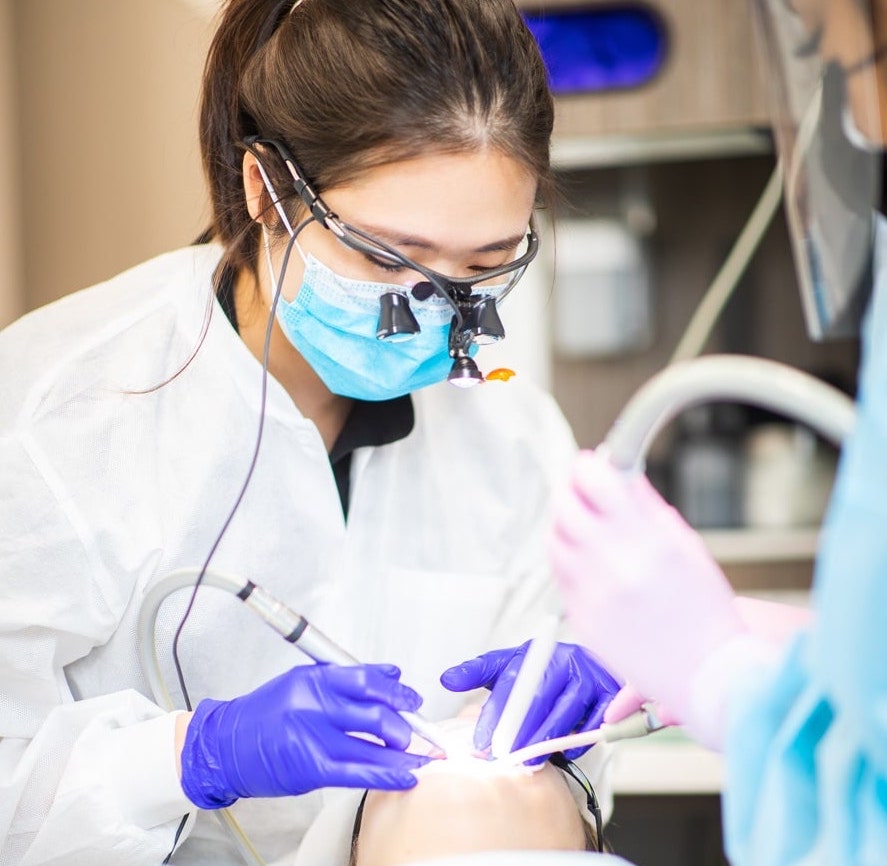Which dental insurance plan is best for you
Your smile is one of the first things people notice about you, and it’s important to take care of your teeth so that you can keep your pearly whites healthy. From regular checkups to cosmetic dentistry and emergency dental care, there are many ways you can take good care of your teeth, but having good dental insurance can make this task much easier. Finding the Deep Teeth Cleaning in Houston has to offer doesn’t have to be difficult. Check out these helpful tips and guidelines on how to choose a dental insurance plan that will work best for you and your family’s needs!
HMO vs PPO
To start, let’s make sure we’re all speaking the same language when it comes to health insurance. The acronym HMO stands for Health Maintenance Organization, and it can refer to a type of health care organization or even an insurance plan. A PPO (Preferred Provider Organization) is also an insurer, but one that typically allows members more flexibility in choosing healthcare providers. With that background out of way, here are some pros and cons to consider when comparing HMO vs PPO plans

What Is A Deductible?
Like health insurance, your dental insurance plan is likely to have a deductible. A deductible indicates how much money you will have to pay out of pocket before your coverage kicks in. For example, if your policy has a $1,000 deductible and you need four fillings valued at $600 each, then you would pay $1,000 and your insurer would cover the remaining amount up to that maximum limit. When purchasing a policy, it’s important to look at what services are included in or excluded from coverage—as well as which percentage of costs are covered by your provider versus that provided by your insurer.
What Is The Copay?
Copays, coinsurance, and deductibles all play a role in understanding your dental insurance. Copays and coinsurance are pre-set amounts that you pay each time you visit your dentist. If your procedure costs more than your copay or coinsurance amount, then your dentist will bill your insurance company for any additional charges (called balance). A deductible is an amount of money that must be paid by you before an insurance company starts to pay for services received during a policy period. This means if a procedure cost $1000 but has a $500 deductible, then $500 would come out of pocket before any reimbursements would start coming in.
What Is The Coverage For Office Visits?
When it comes to coverage for office visits, your specific plan will dictate what (if any) cost sharing you have. For example, some plans do not cover dental cleanings and others offer free cleanings but charge a copay or coinsurance rate when more extensive procedures are required. As a general rule of thumb, it’s always a good idea to look into what your provider will cover before scheduling an appointment—whether it’s with an in-network or out-of-network dentist. Doing so can help ensure you understand all associated costs up front.
Does It Include Preventive Care?
Preventive care covers services that help keep your teeth and gums healthy, such as cleanings and X-rays. Some plans cover these preventive care services in full, while others only cover a portion of it. It’s important to have access to preventive care because it can help catch problems early and prevent them from becoming more serious down the road. To make sure you get comprehensive coverage for your health, look for a plan that will pay at least 50 percent of your coverage needs if not more, especially when it comes to: cavity fillings (also known as amalgam restorations), dentures, crowns (caps), root canals (tooth removal) or any other major work.
What Are My Work Requirements?
When enrolling in a dental insurance plan, most people ask: What's my deductible? and How much does it cost? However, those aren't necessarily your best questions. It all depends on what kind of coverage you need. Before choosing a dental insurance provider, make sure to consider which services are covered by your current provider and whether or not those same services are included in any other plans. Finally, set up a meeting with your employer to discuss whether or not they offer coverage through their own healthcare program—they might even have deals available to help offset premiums. The only way to truly find out which plan is best for you (and your teeth) is to gather as much information as possible.
What If I Need Emergency Treatment?
Be sure to find out if your dental insurance comes with an emergency care rider. If so, make sure you know what qualifies as an emergency and how to access those services. Additionally, many plans require a referral from your primary care doctor before they will cover any type of treatment that isn’t deemed an emergency. If your plan requires a referral and you don’t have a PCP yet, it might be worth putting off enrollment until you do have one lined up. Not only could it save money in premiums down the road—it may also mean better coverage for more urgent needs when they arise.
How Much Will This Cost Me Annually?

The costs of dental services vary greatly depending on your location, budget and what level of care you're looking for. In some cases, whether or not to pay out-of-pocket may be a better financial option than paying high premiums each month. If you have good insurance, shop around and compare different types of plans—each one has its own set of benefits and coverage amounts. Wisdom Teeth Removal Houston understands that many people are wary about their options when it comes to dentistry. To make sure you're getting adequate care without overspending, ask these questions: 1) Do I need comprehensive or basic coverage? 2) Does my company offer reimbursement at 100 percent? 3) What's included in my plan?
Article Source : https://dentalclinicnearmeblog.wordpress.com/2022/02/24/which-dental-insurance-plan-is-best-for-you/
Comments
Post a Comment